What an Obama presidency meant to me
As the 44th President’s term comes to a close, one student reflects on the impact this historic presidency had on his life.

BSM Senior Nathanael Ashton-Piper gives his thoughts on the historic Obama presidency.
Eight years ago, I sat in my living room as an innocent nine-year-old, not yet a Red Knight, and not yet exposed to the many realities of the outside world. The date: Tuesday, November 4th, 2008, and the United States of America was about to witness history in a presidential election between Barack Obama and John McCain.
We all know the outcome of the 2008 election; Obama won by a fairly sizeable margin, defeating McCain to become the first African-American president in the history of our country. But before the victory, there was a journey; before the victory, there was hardship—and not just for Obama.
The journey that led to our first African-American president did not happen overnight. Some might say it took ten years, some say 50, but in my opinion, it’s taken 238 years.
For the first 88 years of United States history, African-Americans existed almost exclusively as slaves. Among other interests, a war that cost 620,000 American lives was fought to change that. But there would be many more fights to come. Suffrage. Segregation. Jim Crow. Innumerable amounts of time and lives were spent by millions of people to bring progress to this nation—progress that proved crucial to elect the first African-American president.
For all of America, but especially the Black community—often broken by incarceration and weak parental connection—[Obama’s character is] an inspiration and a call to be better, and to put family over all else.
— Nathanael Ashton-Piper
As a young kid, I knew some of the injustices that African-Americans faced over the years, but I didn’t know just how important this victory proved for Barack Obama and people of color in the United States and around the world.
The reactions of Americans and people around the world are memories and feelings that I’ll always cherish. Looking back on them now—as such a toxic and divisive election wraps up—they stick out as a time when America was truly united. That doesn’t mean everyone agreed with the victory, but even those who voted against then Senator Obama felt that a barrier had been broken, and with it, we’d taken a step forward.
I remember my mom and dad getting calls and emails from my aunts and uncles in the West Indies and Africa, ecstatic over a decision that wouldn’t even directly affect them. Additionally, reactions to Obama’s 2008 victory from celebrities like Oprah Winfrey or Usher certainly stand out, but eight years later, it’s the reaction from a 107-year-old African-American woman that, for me, put everything in perspective. Virginia McLaurin visited the White House during Black History Month in February of 2016, and she got a chance to meet her president.
McLaurin is a descendant of slaves and grew up in a highly segregated South Carolina in the early 1900’s. “I thought I would never live to get in the White House. And I tell you, I am so happy. A Black president! A Black wife! And I’m here to celebrate Black history. Yeah, that’s what I’m here for,” the joyful, 107-year-old said, in an interview with White House staff. Never could she have fathomed a day where a visit the White House would mean meeting a Black Commander-In-Chief, and so she—a 107-year-old woman, leaning on her cane—jumped and danced with joy as she spoke with the First Lady and President.
But beyond race, for me personally, Obama’s historic presidency brought a larger impact on who I’ve become as a young man, and who I hope to be. A family man until the end, Obama’s two daughters, Sasha and Malia, and First-Lady Michelle are his backbone; moreover, the President often says that it has been an honor to serve the country, but the greatest honor of his life is as a father.
For all of America, but especially the Black community—often broken by incarceration and weak parental connection—it’s an inspiration and call to be better, and to put family over all else. For me, it’s the same inspiration, and President Obama reasserts the imperative value of family that I’ve been taught.
The ongoing respect that President Obama showed for everyone he met, no matter the situation, is a virtue I continue to admire. Poised and respectful in speeches and addresses, he never tolerated the disparaging of his opponents by his own supporters. It shows in the abundance of mutual respect he and his opponents share; John McCain, George W. Bush, Mitt Romney, and President Obama (among others) all share tremendous respect for each other as men—even though they stand on opposite ends of the political spectrum.
A man who inspired hope for so many—I appreciate the man Barack Obama is and what he did as President. I will miss him and his family.
— Nathanael Ashton-Piper
The respect shown by President Obama, in my opinion, becomes even more admirable when seeing the senseless criticism thrown his way. He’s been called—and in derogatory fashion—a Muslim who hates America and a fascist, and endured countless attacks based on his race.
Perhaps the most notorious of these criticisms came from our current president, Donald Trump, who for years questioned whether President Obama was a citizen of the United States, and demanded that he show his official birth certificate. No other president in history has faced such disrespect, but with each slandering, Obama maintained his level of respect and dignity.
As President Obama addressed the nation for the last time on January 10, he delivered a fabulous, eloquent speech, addressing supporters, doubters, and opponents as one: Americans.
He teared up as he mentioned Michelle and his children, and threw in some charm when addressing his Vice President, friend, and brother over the last eight years, “the scrappy kid from Scranton, Joe Biden.”
Everything seemed to come full circle on this night, sitting in my living room—the same unchanged space from that Tuesday eight years ago—with my family and the same man on the television screen. All seemed familiar, but around me, the country had changed—the world had changed. The mastermind behind the 9/11 attacks, Osama Bin Laden, is dead. Marriage equality achieved realization. Unemployment declined to a six-year low. The auto industry revitalized, and the economy saw steady improvement.
President Obama ended his last address to the nation giving same words he started with all those years ago. “Yes, we can. Yes, we did. Yes, we can; thank you.” A man who inspired hope for so many—I appreciate the man Barack Obama is and what he did as President. I will miss him and his family.
Editor’s Note: This story has been edited from the original post. The author received calls and emails from his aunts and uncles in the West Indies and Africa, not the Dominican Republic.


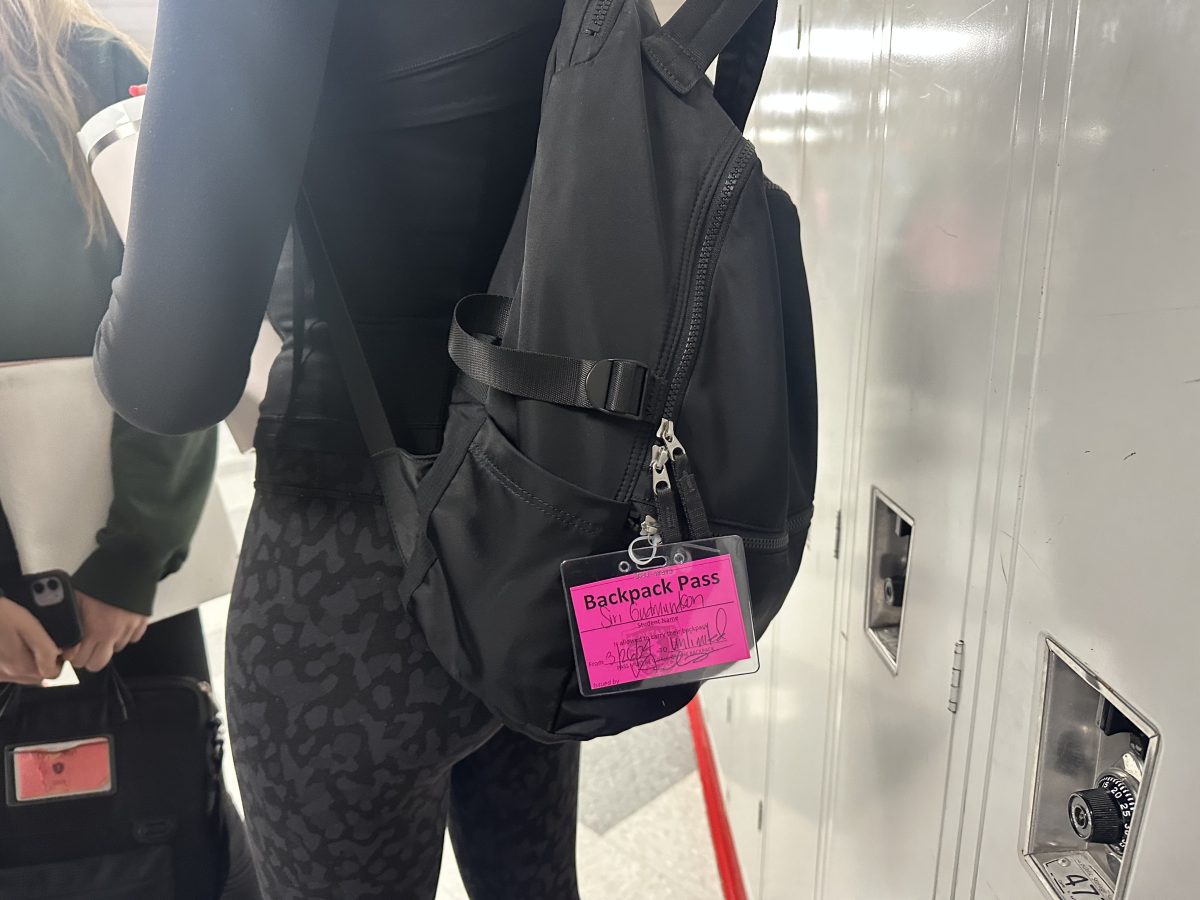

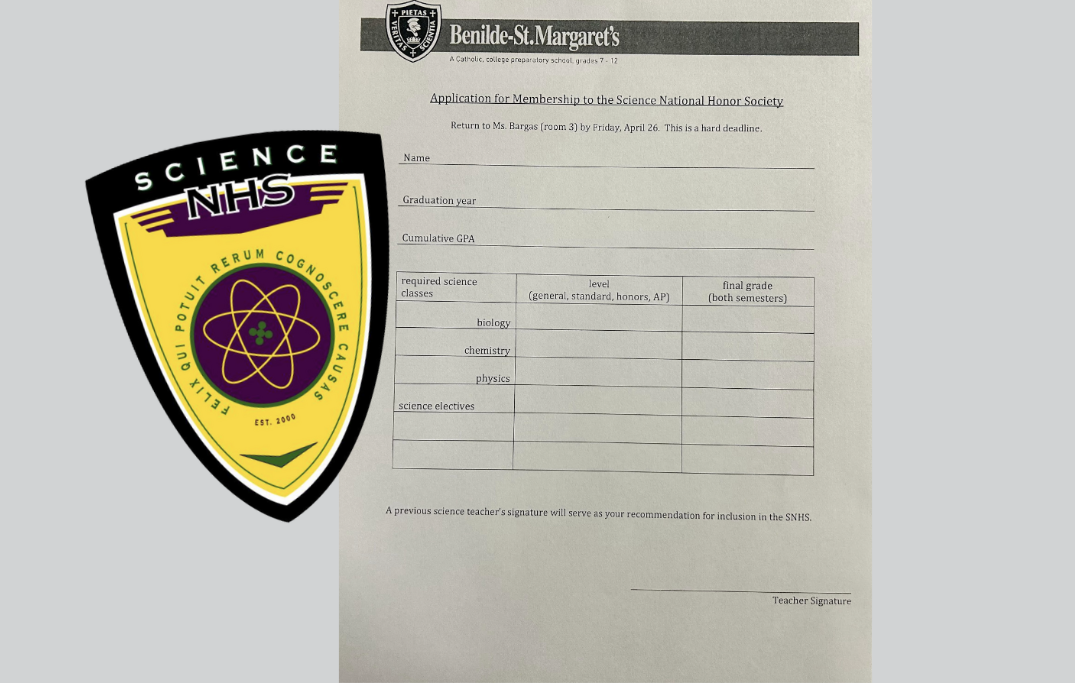
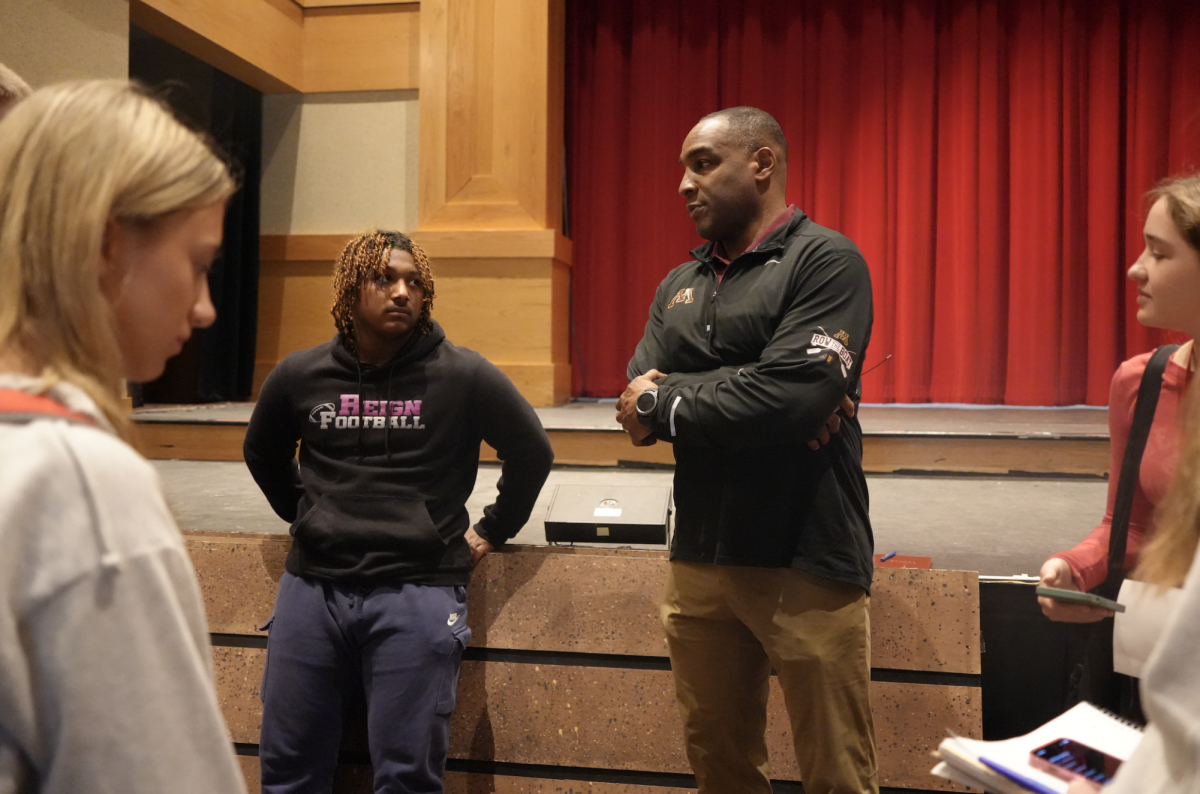
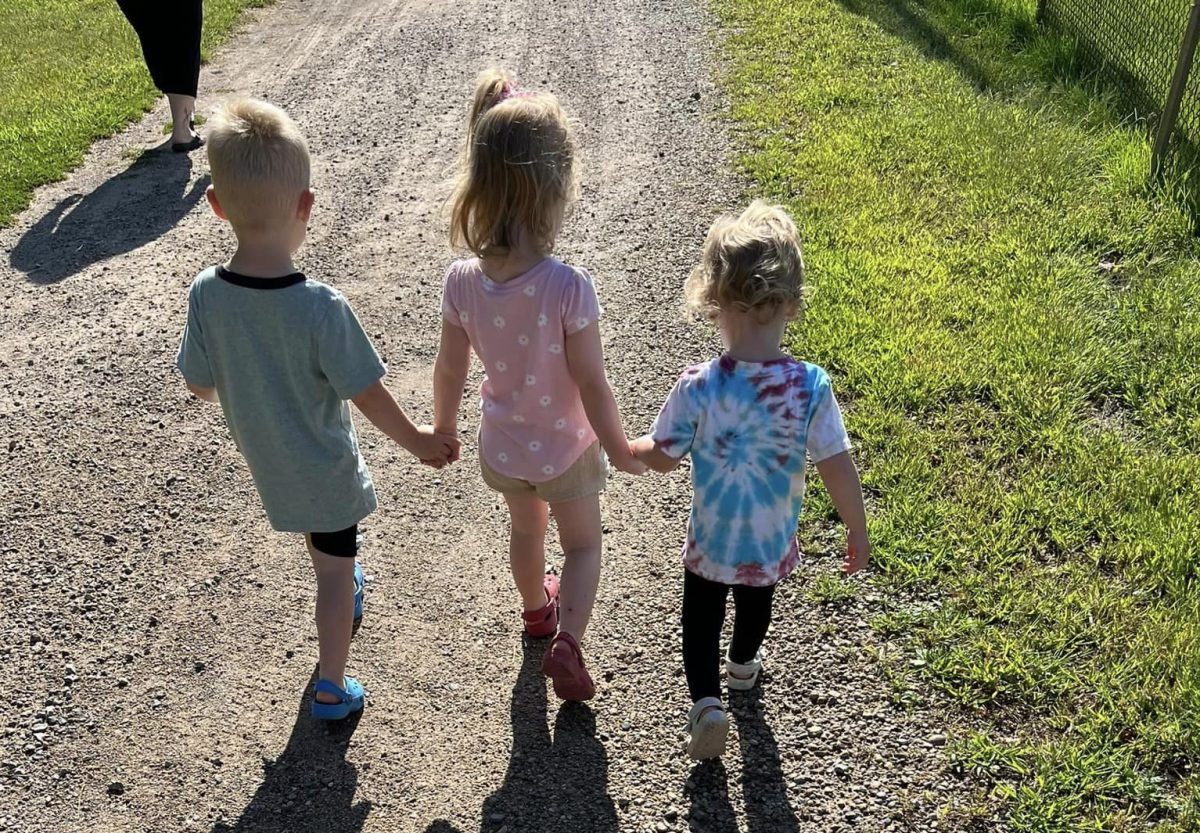
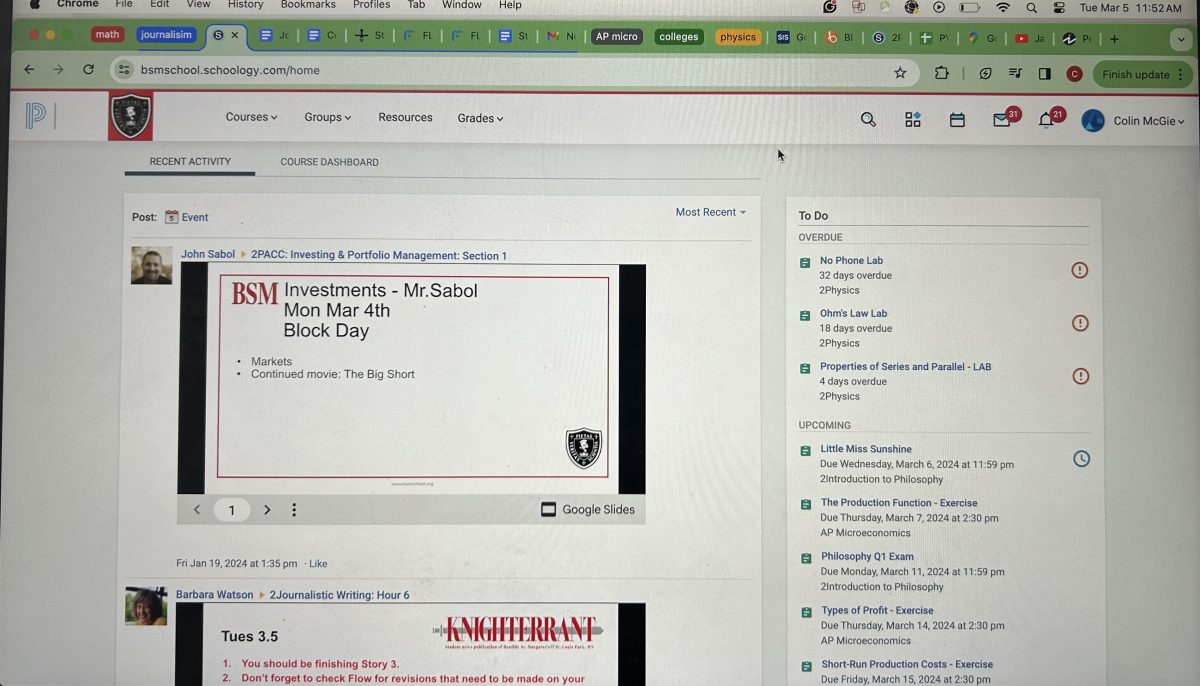

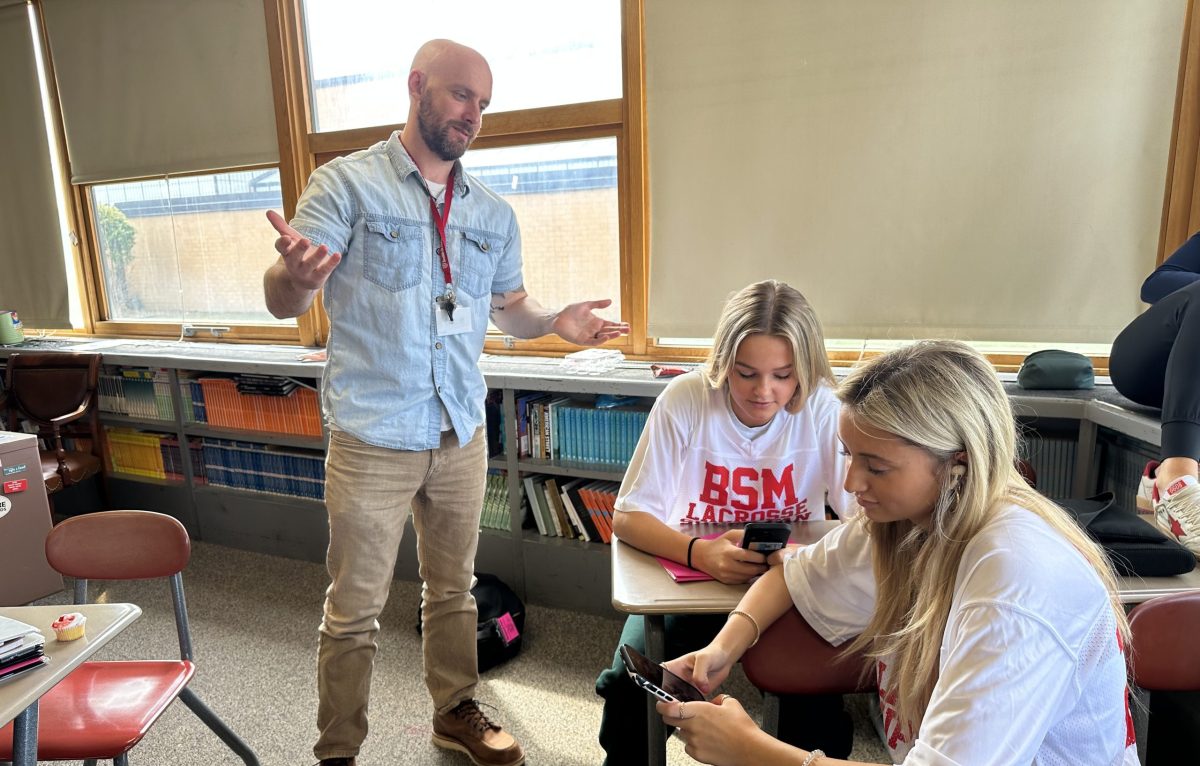




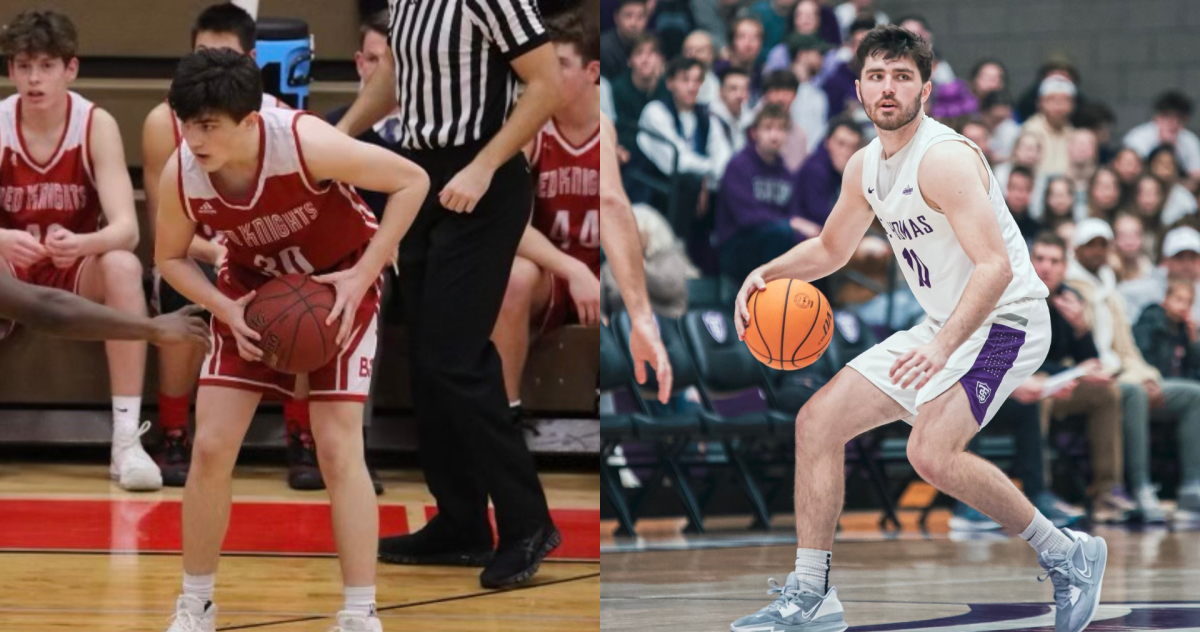
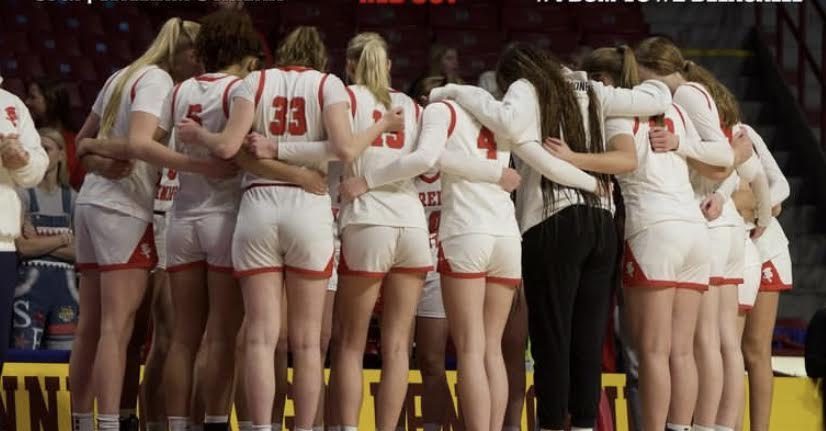




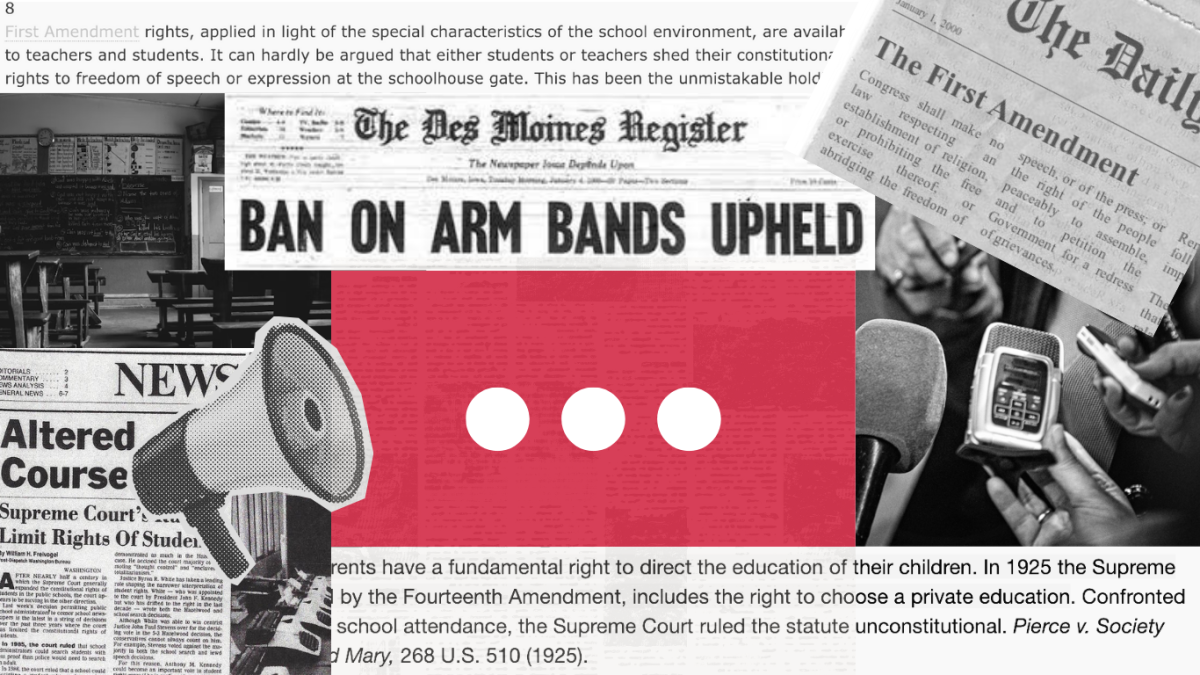





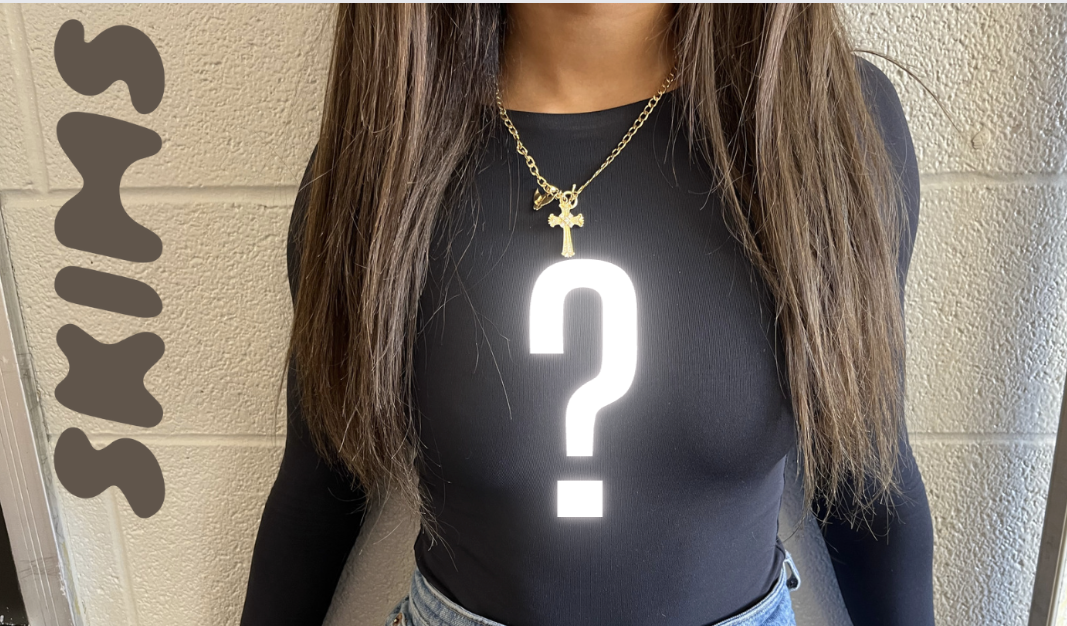









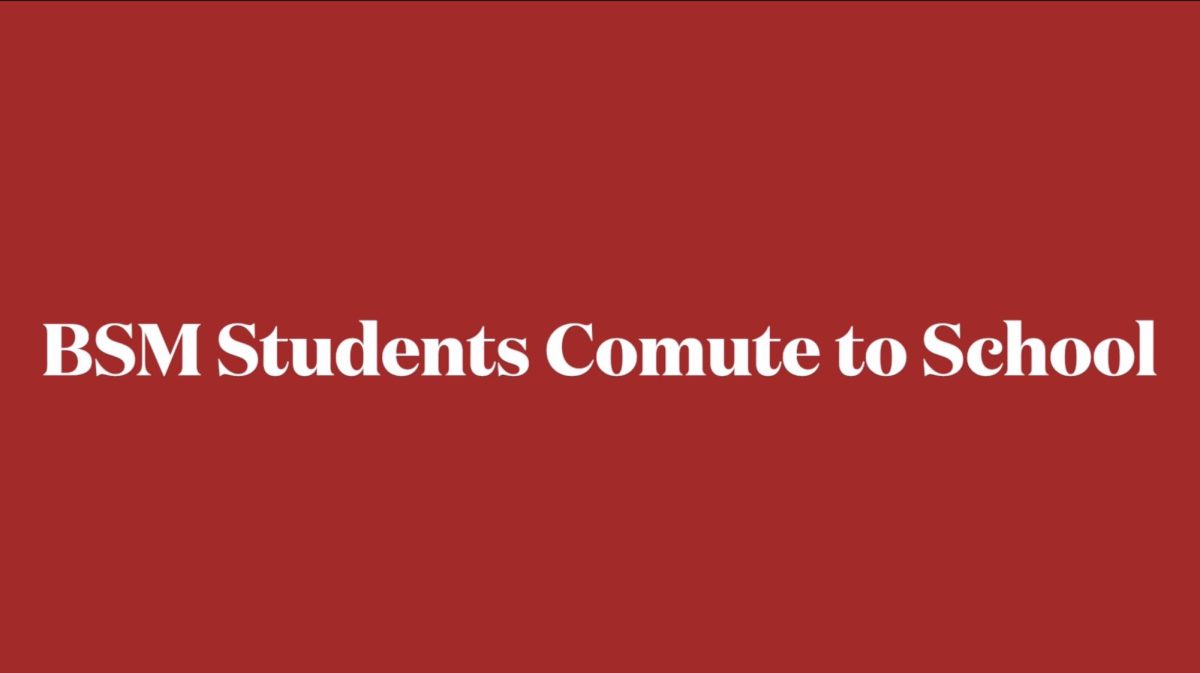





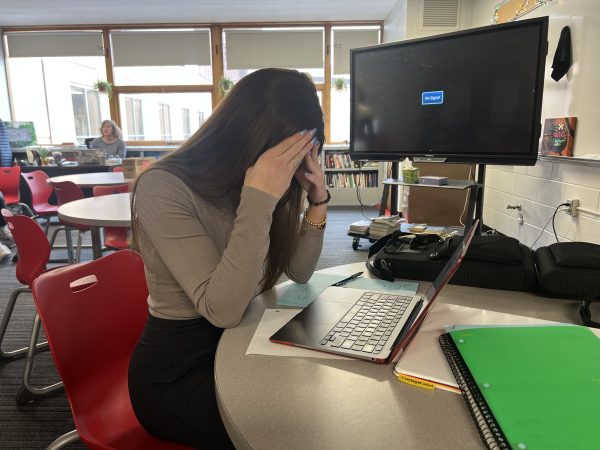
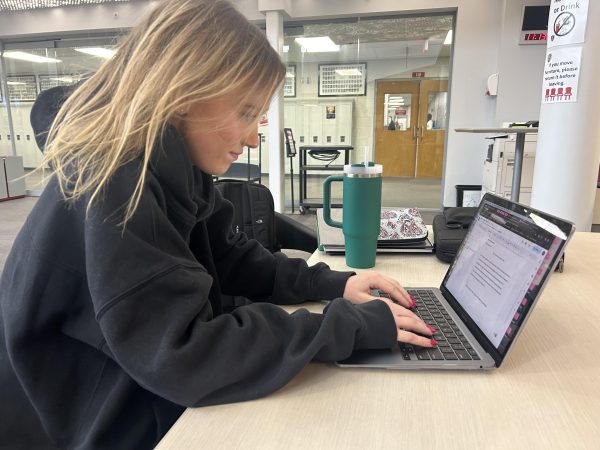


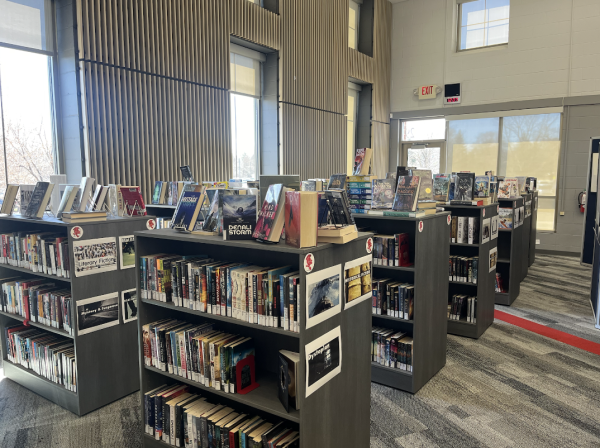

Yousuf • Jan 31, 2017 at 1:59 am
Thanks Obama!